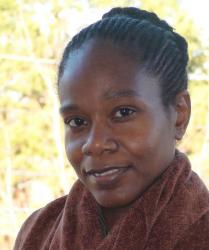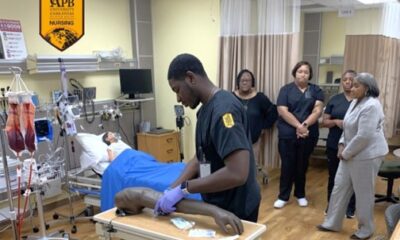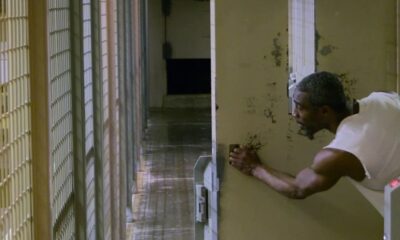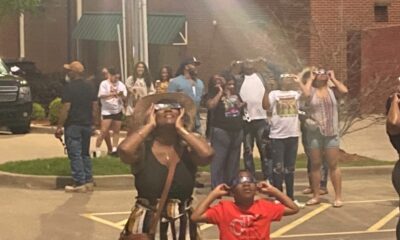Business
The Leading Lady of the BronzeLens Film Festival Sees More Ownership in the Industry
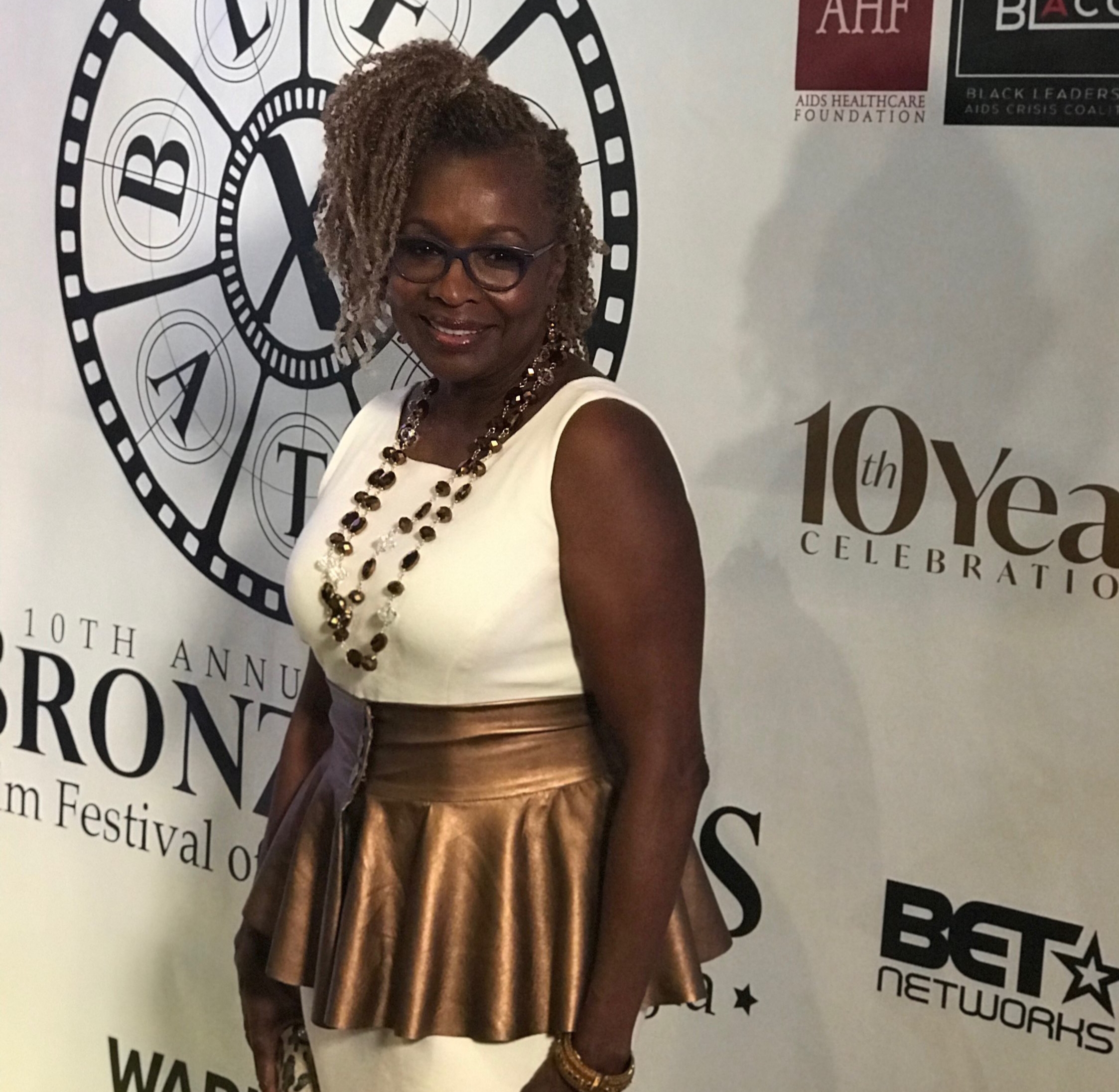
For Kathleen Bertrand it was such a rare sight that she would run through the house screaming. A black person had just appeared on the popular Ed Sullivan show.
That’s what it was like during the Atlanta native’s childhood. There weren’t many black people on television. And for years it remained that way with only a sprinkle of color added along the way when stars such as Diana Ross, Marvin Gaye and Sammy Davis, Jr. would appear.
But times have changed with more and more African Americans appearing on television. And Bertrand wants to see the numbers continue to grow. She wants to see black people dominate the industry, not just as actors, writers and producers but also as owners of their own networks. And she wants Atlanta to lead the way. That’s why she founded the BronzeLens Film Festival, which is now in its 10th year.
“There was a time when everybody would go to New York, when everybody would go to Hollywood. Now the word ‘Atlanta’ falls out of everybody’s mouth every day,” Bertrand said.
Moviemaking in the 21st Century
With the proper motivation, anyone who has the passion can enter the industry. It’s much easier now for someone to make their own film. And that appeared to be the theme for opening night on Wednesday at Landmark Theater’s Midtown Arts Center. Actress and acting coach Christine Horn said it, adding that it requires hard work.
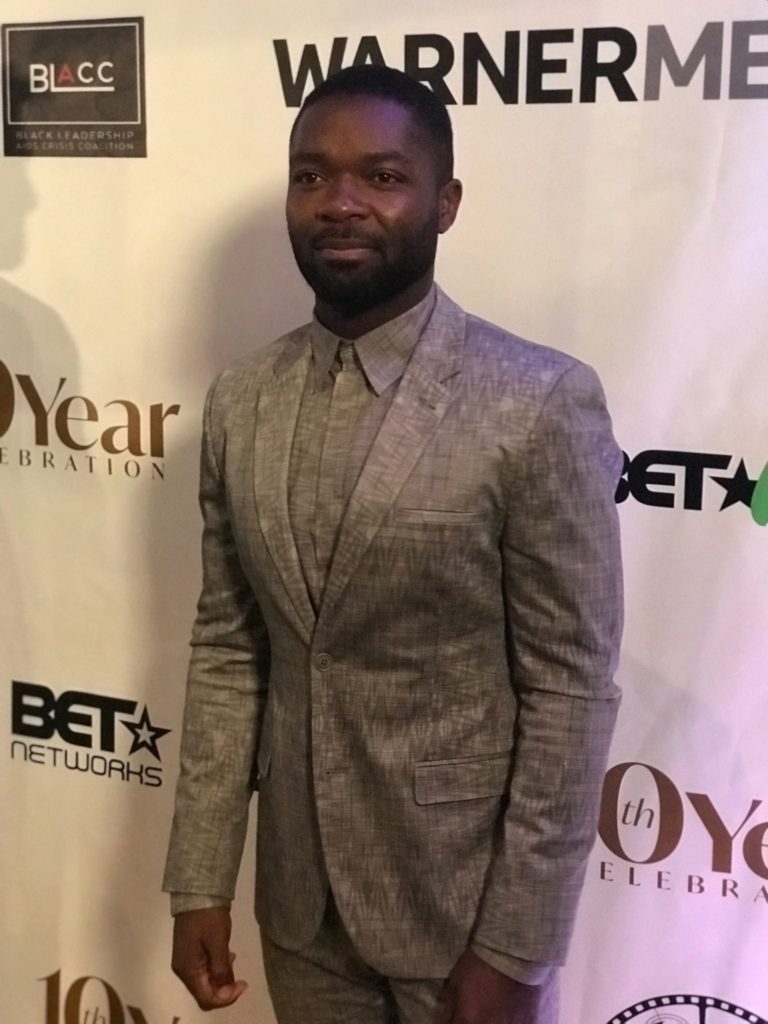
The Featured guest, Actor and Producer, David Oyelowo, echoed the sentiment, adding, “You can make a film on your phone, put it on Youtube. If it’s good, people will see it. If it’s great, a lot of people will see it,” Oyewolo said.
And BronzeLens Board Chair Imara Canady ran with the accessibility idea, adding that BronzeLens is there to provide “the space and the place” for filmmakers to showcase their work.
“We want to continue to grow and be that place where emerging filmmakers and seasoned filmmakers can share their stories, network and get the skillsets they need to empower each other,” Canady said.
Dozens crowded the theater on the festival’s opening night to see the premiere of Oyelowo’s film, Don’t Let Go.
The five-day festival, which will be held at various venues throughout Atlanta, grew from 23 projects in the beginning to today where 100 projects from national and international filmmakers from 11 countries are showcased. The projects were filmed in six continents.
No doubt, BronzeLens has become one of the nation’s renowned film festivals.
Starting from Scratch
And it started because of a conversation Bertrand had with her employer at the Atlanta Convention and Visitors Bureau. William Pate wanted to know why Atlanta didn’t have a big film festival for African Americans. Bertrand pointed out that there were some smaller ones. But the CEO was thinking of something more on a national level. He mentioned Sundance.
“Why don’t you see what you can do with that,” he said. And Bertrand did. She was given a separate office, a bank account and she called in her own people for help.
The beginning was a struggle, which Bertrand said is always the case when you’re doing something that has never been done. But it helped that she had developed good corporate relationships. And in 2009, the first festival was launched.
BronzeLens has become one of three festivals nationwide for people of color, Bertrand said. The non-profit organization wants to bringing national and worldwide attention to Atlanta as a center for film and film production for people of color.
It has adopted a two-fold mission: to promote Atlanta as the new film mecca for people of color and to showcase films and provide networking opportunities that will develop the next generation of filmmakers.
In 2017 The Academy of Motion Picture Arts and Sciences approved BronzeLens as a qualifying festival for the Short Film Awards category. This means the short film that receives the BronzeLens Best Short Award is eligible to enter the Academy’s Short Subject competition for the concurrent season.
Singing a New Song
Those who know Bertrand aren’t surprised she was able to make BronzeLens a success. Canady said, “She has great foresight.”
Bertrand had developed a reputation for starting things from scratch and running things well. While at the Visitor’s Bureau, she started a Diversity in Hospitality Summit. She founded the award-winning Atlanta Heritage Guide that focuses on African American visitors to Atlanta and she created the customer service training for people in hospitality.
A child of the Jazz scene, Bertrand began singing at an early age. She was a member of the church choir.
“I didn’t know I could sing any better than anyone else until they told me in church,” Bertrand said. At 16, she beat 10,000 others to win a national contest and became the one people screamed about when she appeared on television. But then she left music to go to college.
Still, she said, “the music never left me.”
She attended a club with a friend who bragged to the featured band how she could sing. She was encouraged to sing a song and then became the newest member of Life Force, which turned out to be the avant-garde jazz band in Atlanta. Bertrand went on to join other bands even touring with Roy Ayersbefore she got married, moved to the Virgin Islands and had four children.
When she moved back to Atlanta, she got involved in music theater, performing the lead in shows such as Bubbling Brown Sugar. Still, she wasn’t satisfied.
“I wanted to sing the music I wanted to sing and hire the musicians,” she said. Soon, “I was the one booking the gigs.”
She made her first CD in 1995. She started Sisters in Song, which focuses on doing the music of great female jazz artists such as Sarah Vaughn, Billie Holiday and Phyllis Hyman.
“I didn’t want to keep pushing ahead in music and not honor our foundation,” Bertrand said. She also started Three Keys to Jazz. She even took jazz to church. And now she wants to help launch the careers of black people in the film industry in Atlanta.
Just like the thrill she received as a child when a black person appeared on television, Bertrand beams when Atlanta is mentioned on television or featured in a film. With tax credit incentives and studios such as Tyler Perry Studios based in Atlanta, the city has become a hub for the film industry.
At any given time, upwards of 80 to 100 different projects are taking place in the city, Canady said.
Yes, times have changed. Oyewolo, who was given the BronzeLens Trailblazer Award, said when he was growing up white people were his heroes because they were the only ones he saw on television. Now he sees the change and wants to do his part in continuing to close the gap.
“I will keep going. I will keep telling our stories,” Oyewolo said. And for those coming behind him, he said, “I will blow the doors and the hinges off.”
Yes, things have changed, but there is still more progress to be made.
“We own more, but we don’t own enough,” Bertrand said. She’s hoping to see that happen and plans to invite those who are owners to speak at future events.

-

 Black History5 months ago
Black History5 months agoThe untold story of a Black woman who founded an Alabama hospital during Jim Crow
-
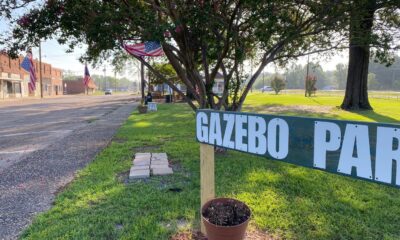
 Featured9 months ago
Featured9 months ago‘No Closure’ In Town Where Five Black Residents Were Either Murdered, Died Suspiciously Or Are Missing
-
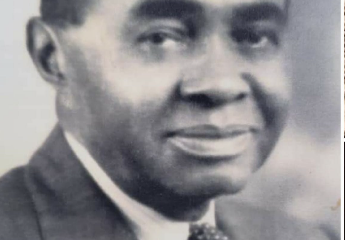
 Black History9 months ago
Black History9 months agoBlack History Lost and Found: New Research Pieces Together the Life of Prominent Texas Surgeon and Activist
-

 Featured9 months ago
Featured9 months agoFounder of “The Folding Chair” Podcast Calls Montgomery’s Brawl ‘Karma’
-

 Featured8 months ago
Featured8 months agoThousands ‘Live Their Dream’ During National Black Business Month
-

 Featured10 months ago
Featured10 months agoJuneteenth And ‘246 Years Of Free Labor’ Are Key To Conversations About Reparations

